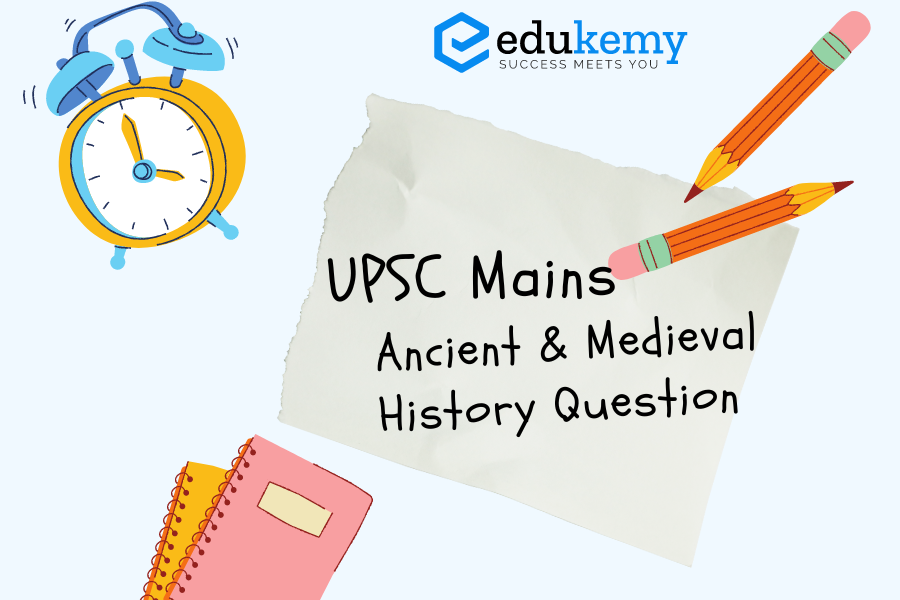
Contents
Introduction:
The Sangam Age in South India, extending from the 3rd century BC to the 3rd century AD, was characterized by a vibrant tapestry of culture, trade, and societal structures. Within this epoch, the role of women in Sangam society assumes particular significance, and Sangam literature, a repository of poems and literary works, provides invaluable insights into the status and contributions of women during this period.
Body:
The Role of Women in Sangam Society:
- Economic Engagement: Women in Sangam society were not confined to domestic spheres; instead, they actively participated in crucial economic activities such as agriculture, weaving, pottery, and trade, playing pivotal roles in family and community sustenance.
- Literary Legacy: Enriched by women poets like Avvaiyar, Nachchellaiyar, and Kakkaipadiniyar, Sangam literature explored diverse themes including ethics and life challenges, showcasing the literary prowess of women.
- Cultural Influence: Women poets like Avvaiyar exerted a profound influence on culture and ethics, emphasizing virtuous living and significantly shaping the moral fabric of society.
- Independent Agency: Sangam poetry portrayed women as independent agents, engaging in conversations, expressing desires, and making decisions, challenging traditional gender roles.
- Cultural and Religious Roles: Women held cultural and religious significance, actively participating in rituals, ceremonies, and cultural events, often contributing as dancers and musicians. The worship of the goddess of battle, ‘Kotravai,’ indicated women’s association with bravery and strength even in times of conflict.
Reflection of Women’s Status and Contributions in Sangam Literature:
- Literary Prowess: Sangam literature celebrated women poets such as Avvaiyar, Nachchellaiyar, and Kakkai Padiniyar, highlighting their literary excellence and intellectual capabilities, thereby showcasing women’s significant contributions to Tamil literature.
- Ethical and Moral Teachings: Female poets, particularly Avvaiyar, were known for imparting moral teachings and ethical values. Their poems emphasized the importance of virtuous living and ethical conduct, influencing the cultural and ethical landscape of the time.
- Expression of Emotions: Sangam poetry, including verses authored by women, vividly expressed a wide range of emotions and feelings, providing insight into women’s thoughts, desires, and emotional experiences, reflecting their emotional richness.
- Love and Relationships: Sangam poetry frequently portrayed women as active participants in love and marriage, challenging traditional gender norms by depicting women with agency in choosing their life partners.
- Courage and Independence: The poems highlighted the courage and independence of women, particularly in the context of love and relationships. Women’s voices were assertive and fearless, showcasing their independent agency.
Conclusion:
In conclusion, the multifaceted role of women in Sangam society, encompassing economic activities, literary contributions, and participation in cultural and religious spheres, finds vivid representation in Sangam literature. As a valuable source, Sangam literature aids in comprehending the diverse and influential roles that women played during the Sangam Age.
In case you still have your doubts, contact us on 9811333901.
For UPSC Prelims Resources, Click here
For Daily Updates and Study Material:
Join our Telegram Channel – Edukemy for IAS
- 1. Learn through Videos – here
- 2. Be Exam Ready by Practicing Daily MCQs – here
- 3. Daily Newsletter – Get all your Current Affairs Covered – here
- 4. Mains Answer Writing Practice – here

